When Parenting Sucks: The 12 Worst Parts of the Best Job
Look, I know you love your children, as I love mine. I know that some of your greatest joys in life include seeing your baby smile, hearing your toddler’s new words and celebrating your teenager’s achievements. Being a parent is chock-full of wonderful moments and deep, abiding love. But there are parts to this job that are gross, perplexing, physically taxing, emotionally painful and downright sucky. These are the most difficult aspects of raising human beings, and no parent is immune.
I asked fellow parents what they find is the most challenging and unpleasant aspects of child-rearing. As you’d probably expect, I got a ton of responses, which ranged from the funny to the heartbreaking to the philosophical. I also asked therapists and parent coaches about what their clients face. Here are some of their answers that really get to the heart of the suckiest parts of parenting.
The Messy Parts

Getty Images
A few years ago, I remember a friend’s horror over a middle-of-the-night vomiting spell with her young daughter. “Barf is my kryptonite,” she said, and I promptly adopted that phrase as my own.
Just talking about vomit makes me want to vomit. Cleaning it up? I just can’t.
The Bottom Line

I’m not alone in my abhorrence of the upchuck. Whether they called it puke, barf or vomit, many, many parents mentioned how unpleasant it is.
My former boss, Xenia, who now lives in Vermont, is a mother of a now-young adult. She recalls what made her cringe in the early days: “Explosive poop. Bathtub poop. All things poop.”
Lack of Sleep

Getty Images
When asked what the hardest part of parenting has been for her so far, Heather, mother of a toddler, replied with a single word: “Sleep.”
I remember those days too well. My first kid awoke about every half hour for his first couple of years. I was unwilling to try the cry-it-out method, but gentler methods didn’t work for us, so my husband and I just suffered. By the time our son started sleeping for longer stretches, I was already pregnant with my daughter. She slept marginally better, but that’s not saying a lot.
The Bottom Line
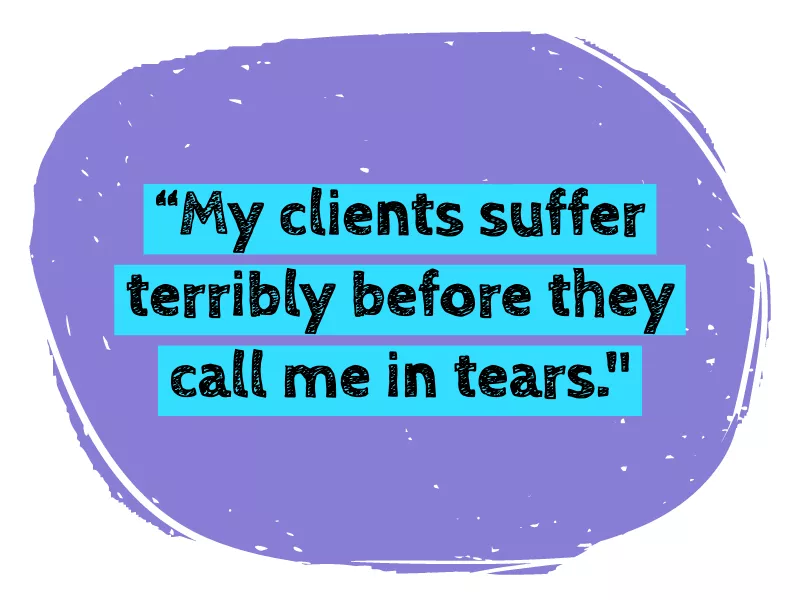
Some parents seem to sail through the ungodly hours of early parenthood, but the rest of us walk around with the wan countenance of the undead. Fueled by coffee in some cases, adrenaline or sheer will alone, we somehow survive. But man, does it suck.
Riki Taubenblat, a pediatric sleep consultant who’s helped hundreds of families develop tailored approaches for better sleep, tells FamilyMinded, “My clients suffer terribly before they call me in tears. They haven’t slept in months and have a hard time in every area of parenting while they are sleep deprived. Everything — on the parents’ end and the child’s end — stems from and starts with a good night’s sleep.”
Fussy Babies

Getty Images
Sharon, a mother of three in San Diego, says that the toughest thing for her today is figuring out what her crying baby needs. Her older children were both a bit easier as babies, but with her now 4-month-old, she sometimes finds that even attending to the usual suspects of a wet or dirty diaper, or the need to eat, sleep or play, fail to relieve his discomfort.
“It’s very tough and trying,” she tells FamilyMinded.
The Bottom Line
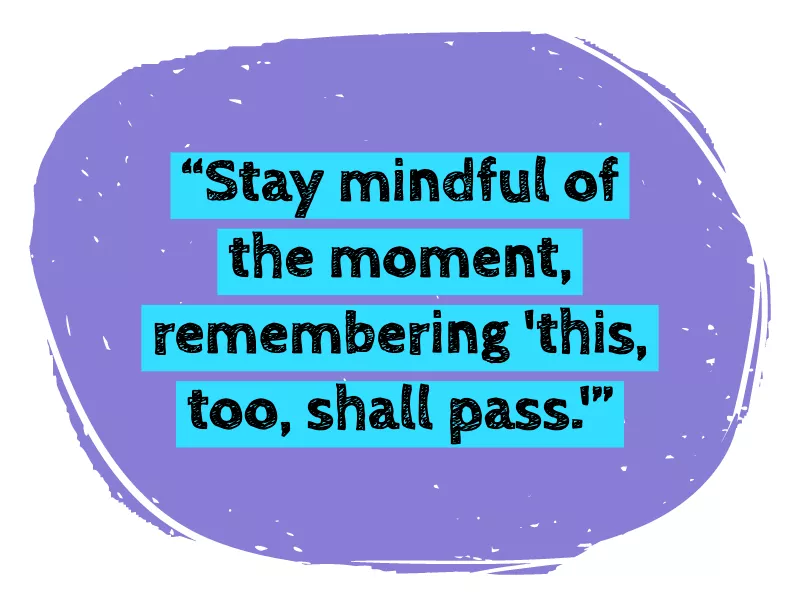
After running down the checklist of baby needs, stress management coach Susan Petang advises parents to “stay mindful of the moment, remembering ‘this, too, shall pass,’ and bear in mind that sometimes things just are what they are.”
Petang adds that, when dealing with sick or fussy babies, taking turns with your partner to avoid burnout and excessive stress is essential.
Constant Needs and Demands of the Early Years
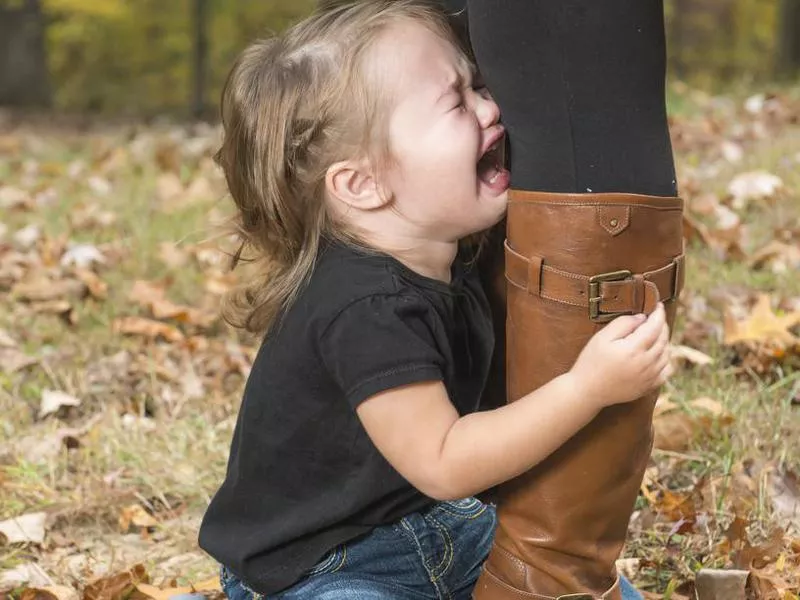
Getty Images
Babies cry, nurse, pee, poop, crawl, scream and get into things as soon as they’re mobile. Toddlers do all of the same things (minus the nursing, maybe), and they need many hours of imaginative play and question-answering.
When you have a baby and a toddler in the house, there is always someone’s needs to attend to.
The Bottom Line
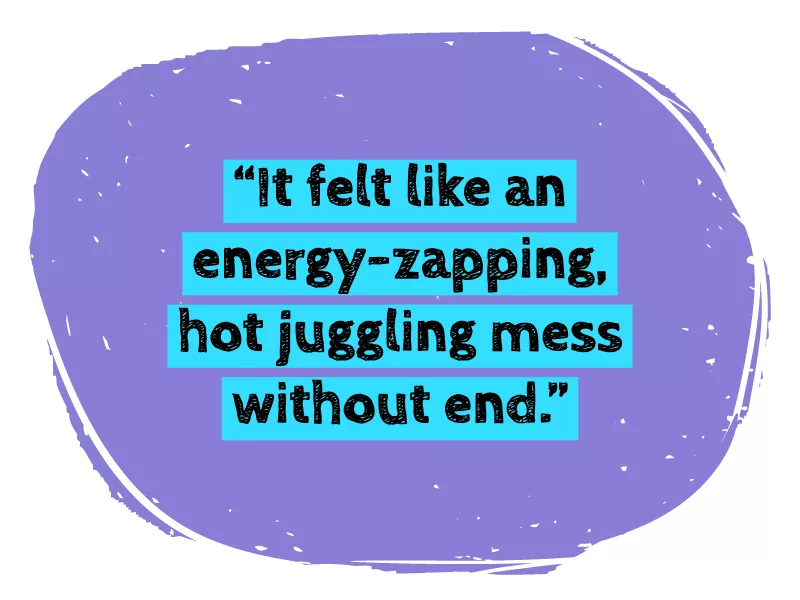
Amanda, a San Diego mother of two girls in elementary school, sums up my own feelings of the baby and toddler years when she says, “Sometimes, it felt like an energy-zapping, hot juggling mess without end.”
But even though I remember how pushed to my physical and emotional limits I felt every damn day when I had a baby and a toddler, I still look back at the photos of those squeezable little munchkins and wish I could kiss their pudgy cheeks again. I long for them to nurse, cling and need me in all those ways again — but maybe just for an hour or two. Then, I’d snap back to today and enjoy the fact that my mothering routine is not quite so physical. Thank you very much.
Power Struggles and Defiance

Getty Images
Though power struggles can rear their ugly heads at literally any point, the two most common times that parents bring up are toddler and teen years. Dr. Dana Dorfman, psychotherapist and co-host of the podcast 2 Moms on the Couch, reassures angry or confused parents that these behaviors are developmentally appropriate at those times of life.
“During toddlerhood and adolescence, children experience strong needs to separate from their parents,” she says. “Due to a series of factors, children and teens are unable to express this separation in a graceful and rational way — the emotions are strong and often directed toward the parents (from whom they are separating).”
The Bottom Line
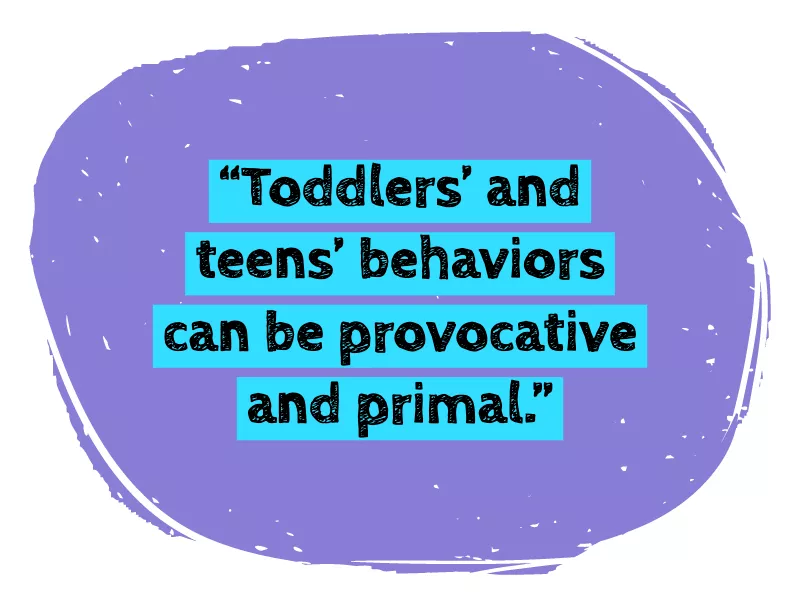
Of course, it’s extremely trying to be faced with a toddler who yells, hits, throws things or refuses to leave a toy on the shelf. And a teen who suddenly indulges in the stage of door-slamming, eye-rolling, arguing and disobeying that — if you’re honest — probably reminds you of your own teen years is still difficult to bear. “Toddlers’ and teens’ behaviors can be provocative and primal and ignite our own primitive tendencies,” says Dorfman.
But Dorfman encourages parents not to take it personally and to avoid overreacting. Easier said than done, but there are many qualified therapists and educational resources to help parents avoid battles of will and engage in problem-solving with toddlers and teens.
Loss of Self

Getty Images
Kelly, a mother of two in San Diego, says that one of the hardest parts of parenting is the loss of self, and the expectations of sacrifice that go along with it. She describes this struggle as a rhetorical question: “How dare you not completely sacrifice every body part, every waking second and every hard earned dollar for your child?”
Many parents (but let’s be honest — more moms than dads) experience some variation of this challenge. April, a mother of three boys aged three, five and seven in the Seattle area, says, “I’m still feeling a loss of self, seven-plus years later. And a free hour isn’t instantly going to enlighten me on what or who I want to be.”
The Bottom Line
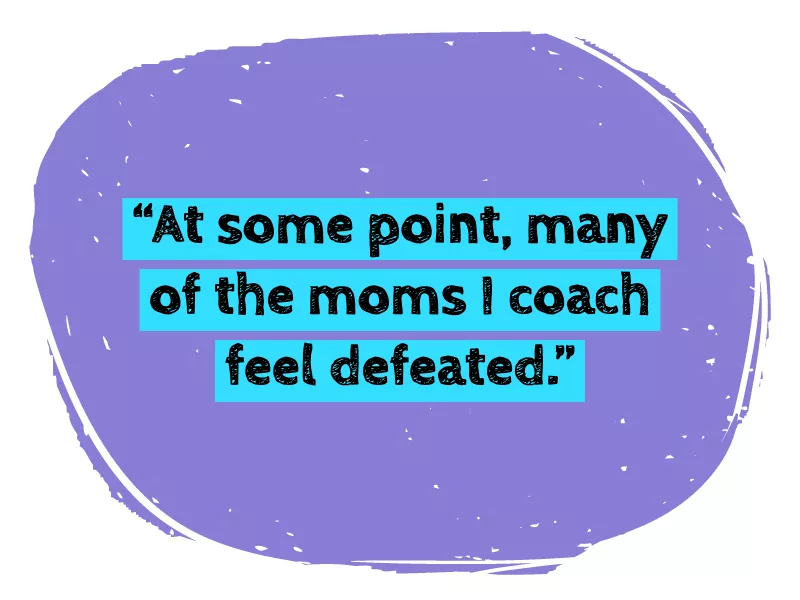
Lisa Canning, author of the forthcoming book, “The Possibility Mom: How to Be a Great Mom and Pursue Your Dreams at the Same Time,” tells FamilyMinded that moms often feel challenged by juggling the needs of small children with their personal and professional goals. “At some point,” she says, “many of the moms I coach feel defeated — and that their dreams need to be put on hold for a season, or indefinitely.”
Canning encourages these moms to focus on what they can get done, not what they can’t. She teaches time management strategies and creative scheduling, among other techniques, to help moms get closer to their dreams and goals while parenting.
The Unicorn (Myth?) of Work-Life Balance

Getty Images
Veronique, who lives in Washington, D.C., has a demanding job that she loves and a 14-month old baby.
“My biggest struggle,” she says, “has been the career-life balance — NO ONE is thinking about the fact that you have to get out of a meeting ASAP because you need to pump or you’re going to be in massive pain. And everyone is going to happy hours after work, but you’re running home filled with guilt that you’ve been away from your baby all day.”
The Bottom Line
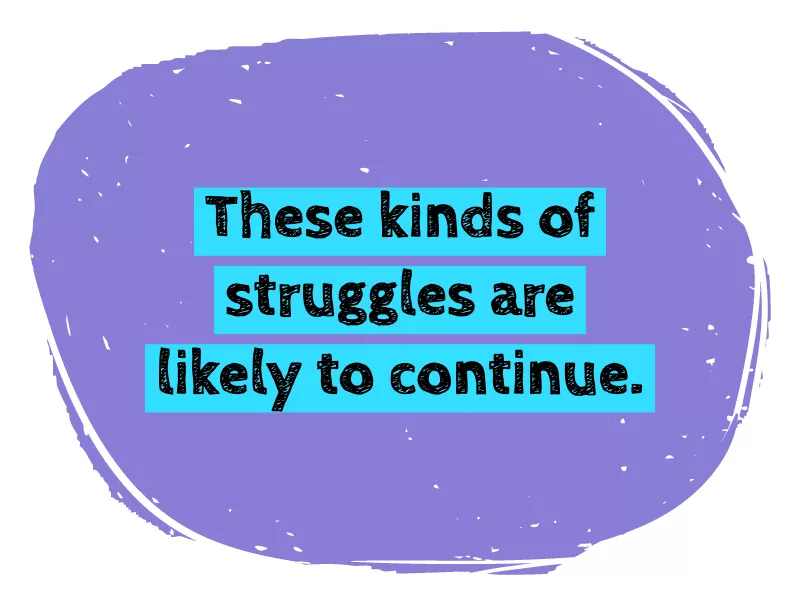
Unfortunately, until the U.S. enacts better policies for working parents that would include guaranteed paid maternity and paternity leave, subsidized child care and the option of meaningful part-time work for parents of young children, these kinds of struggles are likely to continue.
Suffering With Our Kids
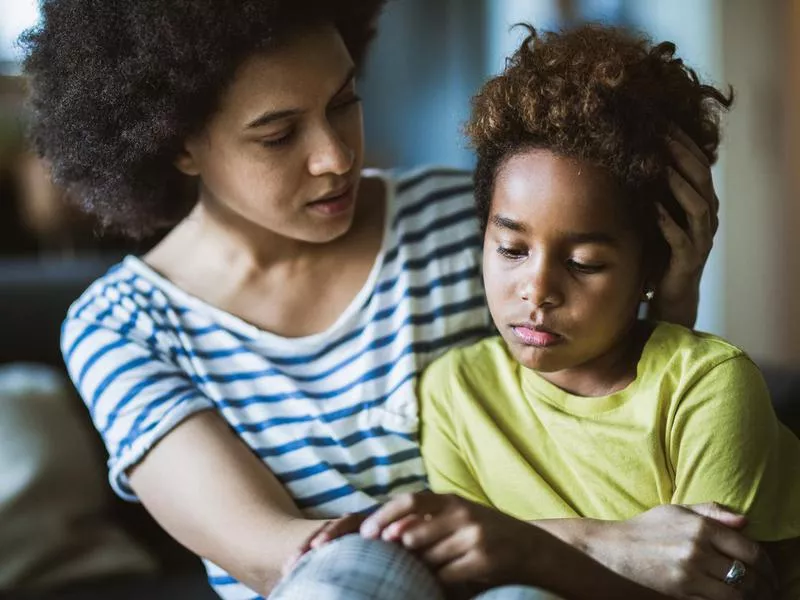
Getty Images
Jordan, the mother of a 10-year-old boy in Morgan Hill, California, tells FamilyMinded that what gets her the most as her son grows is the emotional pain of his tween years. If he’s bullied by friends, feels sad or anxious, or is discouraged at school, she says, it’s brutal for her to sit with it and know that she can’t take his pain away.
She describes her own suffering as, “harder even than those horrible sleep-deprived years. It just gets INSIDE me in a way that is unlike any pain I’ve ever had.”
The Bottom Line
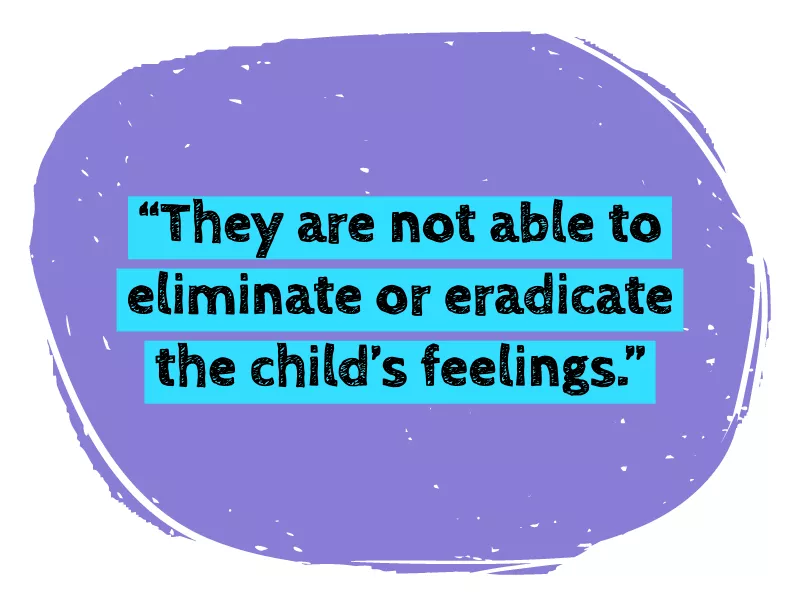
Dorfman notes that it can be exceedingly difficult for parents to differentiate a child’s pain from their own pain.
“It can evoke feelings of powerlessness and helplessness — the inability to ‘solve’ their internal problems and spare them of further discomfort,” she says. “And while parents can provide a supportive, empathetic and possibly professional intervention, they are not able to eliminate or eradicate the child’s feelings.”
A Temperamental Mismatch

Getty Images
Dorfman points out that, even when our children inherit our genes and are raised with our preferences, norms and values, their temperaments can differ very much from our own.
“While sometimes this may be a refreshing exposure to a different way of approaching the world, these differing styles may be especially challenging, unwelcome and difficult for parents to relate to,” she says.
The Bottom Line
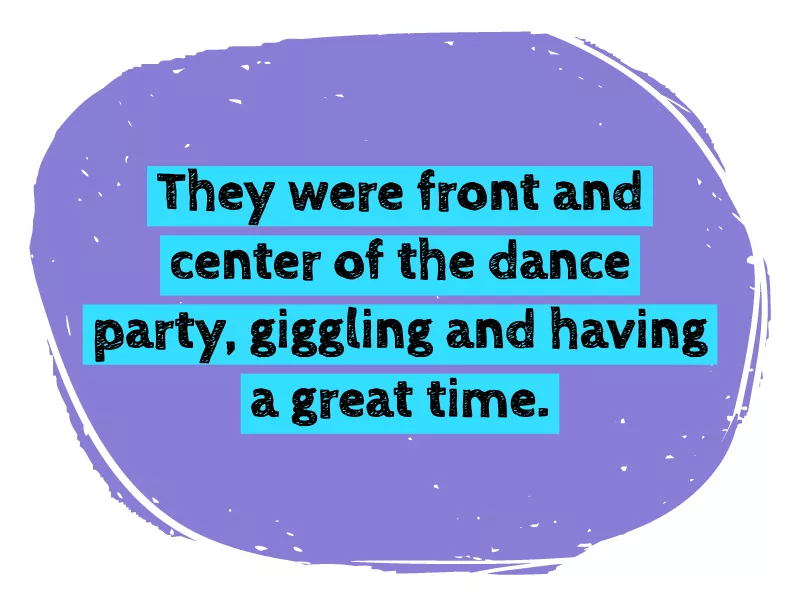
This can lead parents to sometimes wonder if their kid is “from another planet.” My daughter, for instance, is an extravert in a family of introverts. Funny story: At a bar mitzvah a couple of years ago, my husband, my son and I were sitting at our table nibbling appetizers and talking amongst ourselves when I began wondering where my daughter (then 4 years old) was. After a few minutes of searching, I discovered her in the center of a gaggle of 13-year-old girls. They were front and center of the dance party, giggling and having a great time. “These are my new friends,” she enthused.
I gave her a thumbs-up while wondering, “Whose child is this anyway?” and retreated quickly to my seat in the quiet corner.
Attitude

Getty Images
My friend Bonnie in San Diego, one of the most compassionate people I know, expresses her struggles in parenting an almost-teen: “Not knowing what is hormone-induced and what is just being a butt.”
Likewise, Corina, also in San Diego and a mother of an adolescent girl, expresses her challenges as, “navigating the sass (highly independent, articulate child), not taking it personally, and trying to let it go and come back to it later with hindsight when I just want to scream into a pillow.”
“Pre-teen and teen attitude in general is an interesting and sometimes very frustrating journey,” says Shali, who lives in the San Francisco Bay Area and has a 24-year-old son and a 12-year-old son.
She also just sometimes wishes her younger kid would take a shower. “If I can smell you from over here, why can’t you?” she asks, adding a laughing-crying emoji.
The Bottom Line
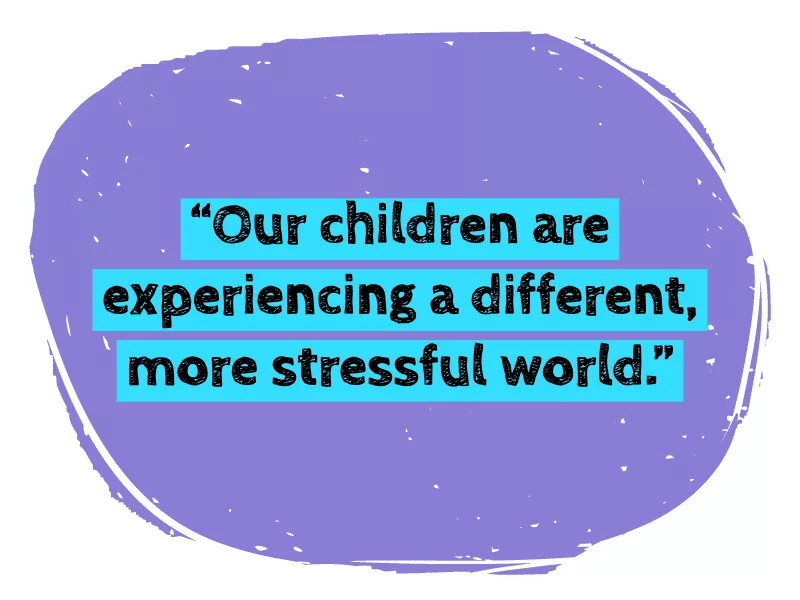
But regardless of how they put it, most parents who have approached or crossed the teen threshold seem to have lots to say about it. Petang tells parents that “teenagers are, literally, insane. Their brains are still developing. This, combined with hormones and the lack of experience in dealing with the world, in general, create unpredictable responses and attitudes in teens.”
It’s helpful, she says, when parents try to recall their own adolescence and find their compassion — even if that means digging really deep. Petang, who teaches mindfulness, communication and conflict resolution skills to parents, adds that “our children are experiencing a different, more stressful world than the one we grew up in.”
It’s part of our job to help them feel supported and loved during this often-difficult transition into adulthood.
Big Transitions

Getty Images
Change is difficult for most people, and when you add one or more dependent humans into the mix, it can feel even more overwhelming. Transition times include: becoming a parent for the first time, adding another child to the family mix, helping kids start or change schools, and letting them leave home and make their way in the world.
Separation or divorce can be another really challenging transition time for families, as can the introduction of a diagnosis or health condition.
The Bottom Line
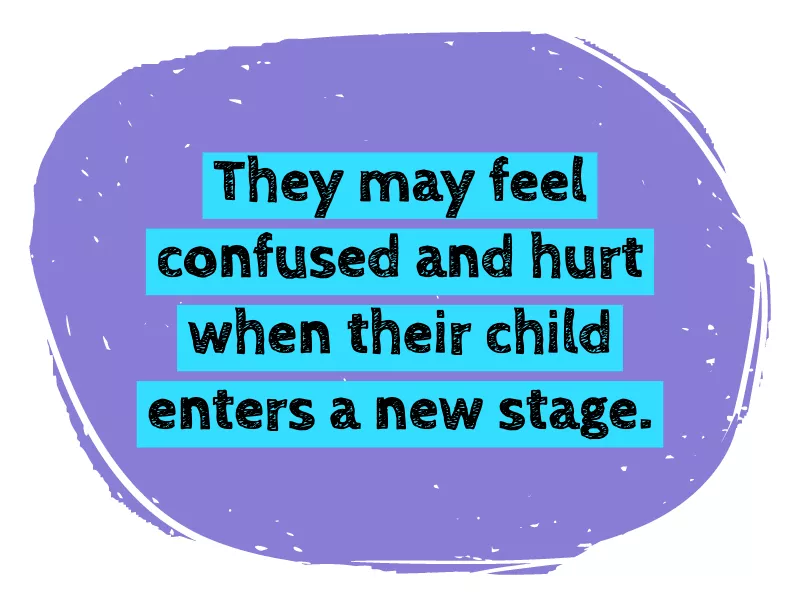
External and internal factors, says therapist Heidi McBain, can affect how parents deal with transitions. Parents may have certain expectations about children and parenthood, or they may feel confused and hurt when their child enters a new stage.
Miscommunications, according to McBain, who specializes in women’s mental health, are particularly common during these times, as are social pressures and the doubts about parenting skills that many of us face from time to time.
Teaching Them How to Live Without You

Getty Images
I still ask my parents for counsel and occasionally call them up in tears. And while I do an OK job of adulting on my own, my parents are still my parents.
I appreciate — and sometimes even listen to — their advice. Likewise, you’ll always be your kids’ parent, but good parenting means being there when they need you while working yourself out of a job.
The Bottom Line
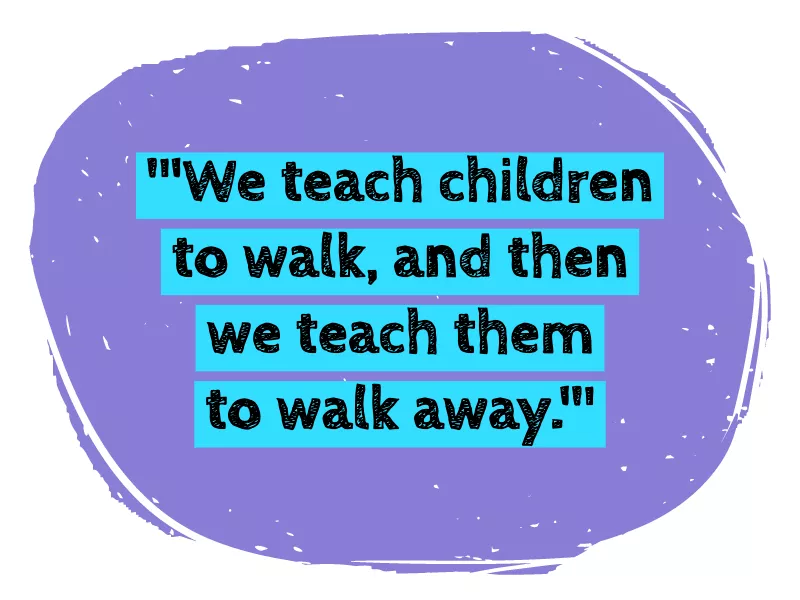
David Ezell, therapist and founder of Darien Wellness, tells FamilyMinded, “Regardless of a child’s age, the biggest challenge I see my clients face with regard to parenting is preparing their children to live without them. As one of my mentors used to say, ‘We teach children to walk, and then we teach them to walk away.’”